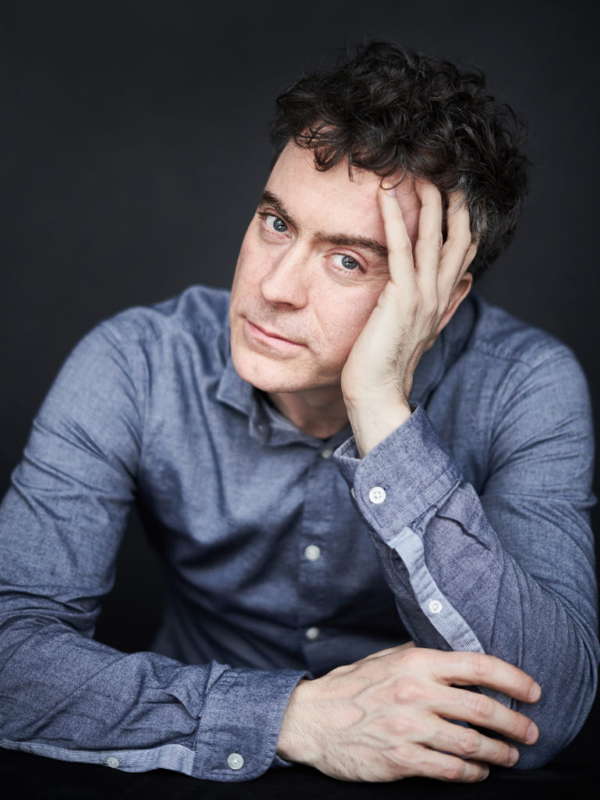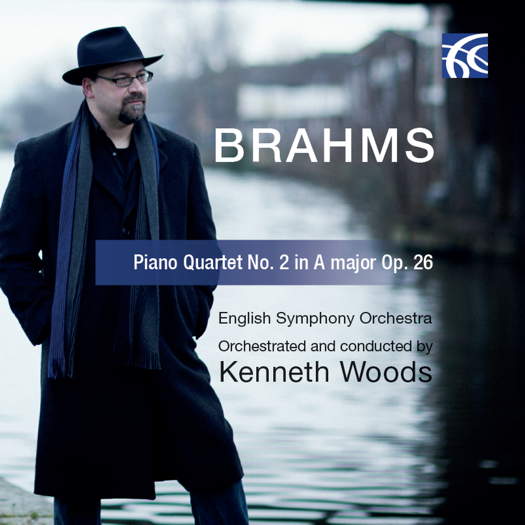- Alberto Ginastera
- Harry van Hoof
- Adagio for Strings
- Pierné
- world music
- Dark is the Night
- Angel Island Project
- Michigan
Beethoven Summitry
Paul Lewis' high altitude performance
dazzles his Chicago audience,
reported by BARBARA SEALOCK
The interpretive genius of Paul Lewis is well-established given his finely-tuned insights, prodigious talents and soaring musical imagination in which he totally inhabits the music.
As a result, he has received wide international acclaim, a host of awards and honours in recognition of his place among the great pianists of his generation, and there is much more ahead.
Known for specializing in the central European repertoire, he has devoted periods of focus on Beethoven's - as well as Schubert's - piano repertoires and presented cycles of both.
Mere words can hardly convey the profound experience of the soul-charged and spellbinding concerts he presented recently with the Chicago Symphony Orchestra led by Sir Andrew Davis in glorious, bar-raising performances of Beethoven concertos, No 1 and No 4, that reached highest levels of perfection.

Paul Lewis. Photo © 2018 Kaupo Kikkas
It was a virtual tour de force of the iconic works at a level seldom heard-full of lucid energy and imagination, color and sensitivity, with the most extraordinary insights into the composer's mind and spirit.
The technical prowess of Paul Lewis practically defies belief. Fingers fly effortlessly over the keys unfurling hidden nuances at daunting speeds across a palette of colors illuminating story elements, underlying emotions and Beethoven's inner world.
Shifting moods - poignancy, pathos, tenderness - a dream sequence, whispered conversations - are elegantly discernible and subtly described.
His demeanor at the piano is calm, with the focused nonchalance of a chess champion whose every revelatory move makes perfect sense in context with the whole.
Hearing Lewis now, as a rising piano legend at work is entirely a privilege, and the seamless collaboration with the consummate Chicago Symphony Orchestra and Sir Andrew Davis was extraordinary, cut from whole cloth, wanting nothing, and sublime.
In return, the enthralled audience gave an enraptured standing ovation.
Of Concerto No 4, Mr Lewis has said, 'There's a lot going on with the balance, a lot you have to think about. It's the most elusive ... the most challenging to play, collaboratively as well. You really have to try and see eye to eye on it. There is something slightly unattainable about the 4th and that, I think, is what draws me to it.'
Also on the program were two works by Sir Michael Tippett: Little Music for String Orchestra and Praeludium for Brass, Bells, and Percussion, written on the occasion of the fortieth anniversary of the BBC - in both of which CSO players excelled - of which Sir Andrew told the audience he has loved since the age of fifteen.
Paul Lewis has devoted focused periods to the Beethoven and Schubert piano repertoires in recent years. Among his many honors, he received three Gramophone awards, including one for the 32 Beethoven piano sonatas-available in a ten-disc set on a harmonia mundi recording - a project regarded in the music press as 'the best ever committed to disc'.
Copyright © 4 March 2020
Barbara Sealock,
Chicago USA

FURTHER INFORMATION: LUDWIG VAN BEETHOVEN




